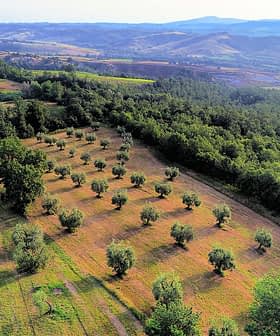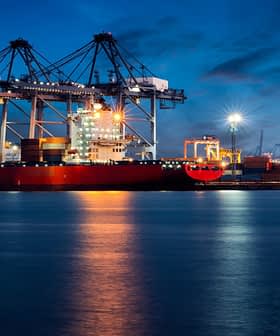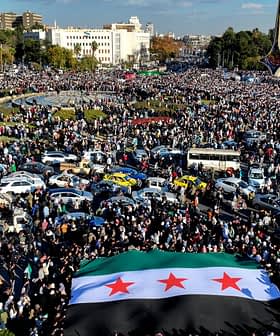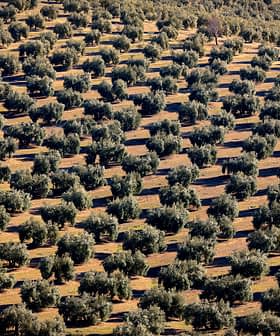Some Countries Impose Restrictions on Exports of Food Commodities
Countries are beginning to hoard food supplies amid the coronavirus pandemic, with bans on exports of essential raw materials and commodities threatening global trade. Industry experts warn that extreme measures could lead to food nationalism, rationing, price controls, and domestic stockpiling, emphasizing the need for cooperation and coordination among nations during this crisis.
In the wake of the coronavirus pandemic, some countries have imposed a ban on exports of raw materials and primary commodities, threatening the production of essential food products in other dependent countries.
Bloomberg business news agency reported that Vietnam, the third-largest exporter of rice in the world, put all new export contracts on hold, while Kazakhstan has currently banned its outgoing freights of wheat flour, potatoes, sugar and carrots.
Serbia ceased exports of sunflower oil and is also considering putting a curb on more products, whereas Russia, one of the world’s largest granaries, is planning a postponement of its shipments abroad.
“We’re starting to see this happening already — and all we can see is that the lockdown is going to get worse,” Tim Benton, research director in emerging risks at Chatham House think tank in London, said.
“If governments are not working collectively and cooperatively to ensure there is a global supply, if they’re just putting their nations first, you can end up in a situation where things get worse.”
Ann Berg, a veteran agricultural trader and independent consultant, warned that the extreme measures enforced worldwide by governments could spillover to food policy.
“You could see wartime rationing, price controls and domestic stockpiling,” Berg told Bloomberg.
The news agency nevertheless noted that there are “no sure signs” of a generic ban on exports from countries, although the current freeze of shipments of important raw materials could spark a wave of ‘food nationalism’ holding back global trade.
Other countries have started stocking up on primary food commodities. China pledged to buy huge quantities of rice from its own crop to increase its already ample stocks, and important wheat importers like Algeria and Turkey have issued tenders to buy more.
Industry experts stressed that, contrary to past times of food inflation, staple crops like corn, wheat, rice and soybeans exist in abundance and nations have no reason to resort to food hoarding practices.
They also called for actions in tandem and cooperation of nations amid the coronavirus global crisis.
“Given the problem that we are facing now, it’s not the moment to put these types of policies into place,” Maximo Torero, chief economist at the UN’s Food and Agriculture Organization, said. “On the contrary, it’s the moment to cooperate and coordinate.”









